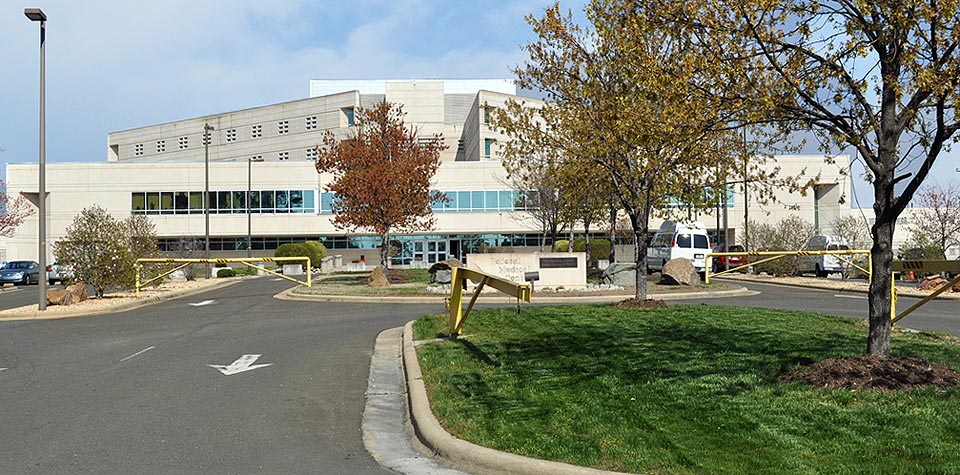by Savannah Baker, Contributing Writer
“I need your help.”
Those were words from a friend on one of our regularly scheduled Facetime calls. They knew I was involved in criminal justice reform work, but being a student, they were not sure if I would be able to help. However, the issue was urgent and the system does not make accessing resources easily accessible to those who need assistance.
Their uncle had reached out because he was being mistreated at Butner’s Federal Medical Center. He has special health needs and is a non-violent offender, who has served over 70% of his sentence. The correctional facility has continued to fail to protect him and other incarcerated people from COVID-19.
On March 26th, the director of the Federal Bureau of Prisons released a statement regarding COVID-19. According to the Federal Bureau of Prisons, “out of over 1460,000 incarcerated people in our custody, ten incarcerated people have tested positive. Out of over 36,000 staff, eight staff have tested positive. We believe that the low number of cases to this point, in a system this large, is a testament to our effective planning and execution to-date.”
It’s now late April and more than 465 incarcerated people have tested positive for COVID-19 in Neuse Correctional Facility alone. Families of incarcerated individuals have expressed concerns over their treatment within the facility.
One woman reported that her 57-year old husband was a non-violent offender who has less than six months left in prison and is being held in multiple occupancy cells even though half of the population tested positive for the virus.
Overpopulation is a concern for incarcerated people across the state. That is why I was not shocked when a friend reached out to me for help. Their uncle is currently imprisoned in Butner Federal Medical Center. Butner Federal Medical Center is a correctional facility for incarcerated people of all security levels who have special health concerns.
Even though Butner is a Federal Medical Facility meant for incarcerated people with special health concerns, incarcerated people are still being held in inhumane conditions with three incarcerated people in one cell.
The CDC recommends that we all maintain at least a distance of 6-feet apart. This standard is not currently being met at Butner’s Federal Medical Center. The cells are about 10 by 12 feet with bunks and lockers taking up a large portion of the space.
In addition to inhumane housing conditions, he reported various instances of mistreatment within the facility.
Butner Federal Medical Facility has cut incarcerated people phone time from 10 minutes down to 5 minutes. They have blocked email addresses, impeding on the ability of incarcerated people to reach out for assistance.
This facility has continued to expect incarcerated people to work without providing them with the proper sanitation equipment to clean their supplies. He was told that it is not a priority for incarcerated people to have sanitation equipment. He reported that the safety department reportedly gets visibly angry when the men ask for chemical disinfectants, mops, and other items to clean with. Butner Federal Medical Facility has expected incarcerated people to work even during the reported 14-day quarantine, during which incarcerated people were supposed to be in their living quarters. When those incarcerated expressed concern about contracting the virus, Butner Federal Medical Facility threatened solitary confinement (also known as sending people to “the hole”) so men have continued to go to work out of fear. Research shows that solitary confinement can have detrimental effects on physical and mental health within 24 hours.
Attorney General Barr ordered for federal facilities to begin free telephone and video communication for incarcerated people to communicate with their loved ones and legal counsel. The Care Act also included amendments supporting home confinements and early releases for incarcerated people who qualify for these new addendums. There are reports from incarcerated individuals that the facility is not following the proper protocol. The unit manager reportedly stated that he was not approving anyone for home confinement because incarcerated people think it is a “get out of jail free card.” This means that those who are high-risk for COVID-19 complications, non-violent offenders, and have met the re-entry criteria are being denied home confinement without any recourse.
We need your help to DEMAND that Butner Federal Medical facility follow through on the Care Act!!
The decision on releasing incarcerated people is up to those in charge at each prison. Call Butner Administrators at 919-575-5590 or email at BUF/ExecAssistant@bop.gov and demand they follow CDC guidelines and take steps to allow social distancing, including releasing people, NOW!
Use your voice and power to tell Governor Cooper to protect at-risk incarcerated people from this deadly virus. Your can tweet him @NC_Governor, call his office at 919-814-2000, or email him at governor.nc.gov/contact-governor-cooper
